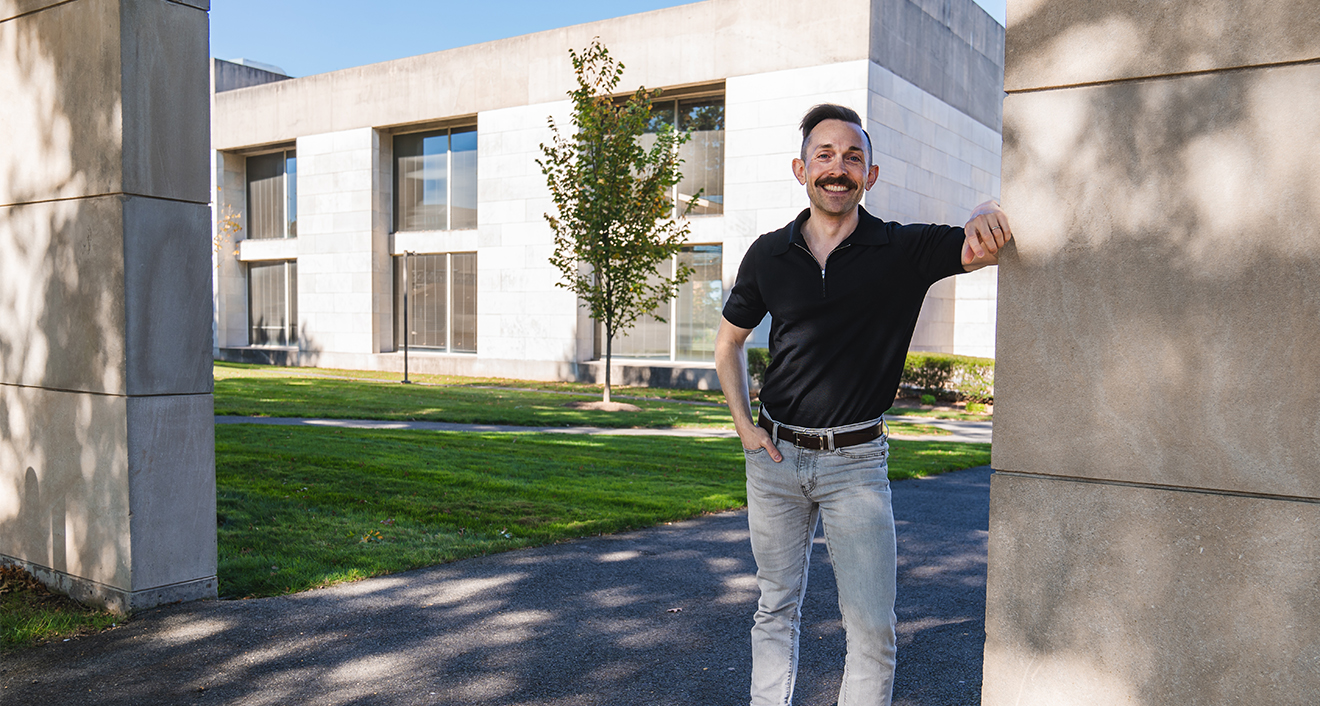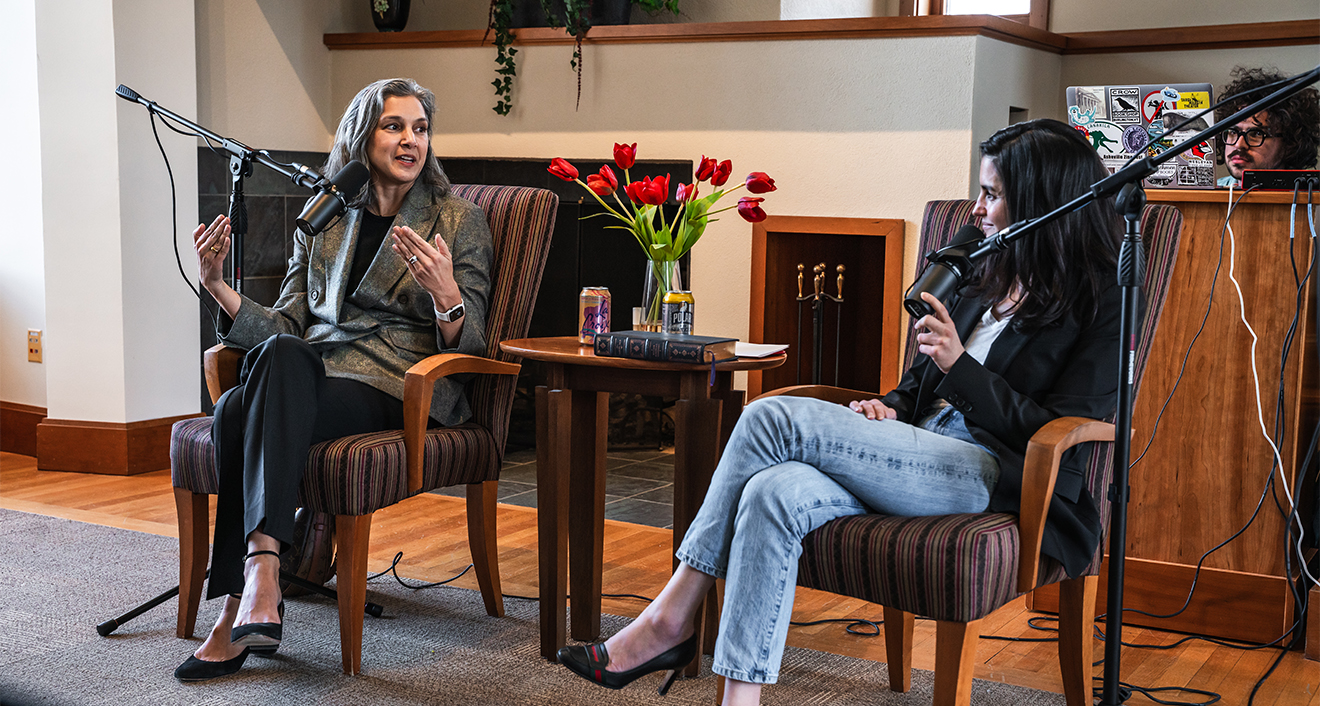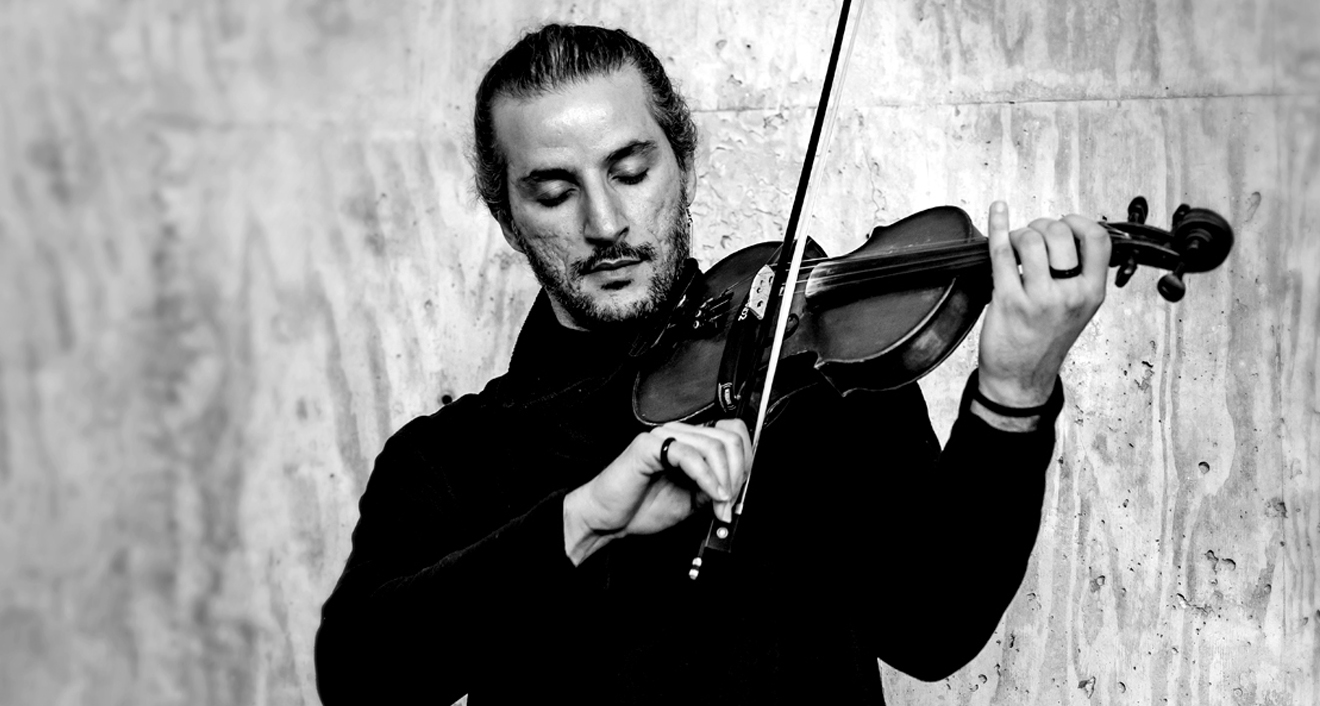
Roger Mathew Grant Named Guggenheim Fellow

The John Simon Guggenheim Foundation announced Tuesday that Interim Associate Provost and Dean of the Arts and Humanities Roger Mathew Grant will be one of 198 Guggenheim Fellows in its 2025 class—its 100th class of fellows. Grant, a scholar of music, joins academics, artists, scientists, writers, and other cultural visionaries from 53 different disciplines to receive the honor this year.
As established in 1925 by founder Senator Simon Guggenheim, each fellow receives a monetary stipend to pursue independent work at the highest level under “the freest possible conditions.” The fellowship will support Grant’s upcoming book Colonial Galant: Eighteenth-Century Music From Chiquitania, Bolivia, which details his work reconstructing and analyzing 18th-century music from rural Bolivia. The book will be published by the University of Chicago Press.
“This is one of the biggest academic honors of my whole life,” Grant said. “It’s incredibly meaningful. What I’m most excited for is that it gives the project more visibility and that people will get interested in this music.”
The music, which was mostly created for Catholic religious practice, was written by teams of Indigenous composers under colonialism collaborating with their colonizers—Jesuit missionaries. Some scholars have written about it from an historical perspective, discussing the cultural significance of the missions, but few have taken the music itself seriously, Grant said.
“I find this to be quite surprising because the musical scores are really the only documents that we have in Indigenous hands that attest to life in the missions during the eighteenth century,” Grant said. “No one has really tried to understand what the musical language of these pieces is like, and to try to describe it in a technical and comprehensive way. So that’s what I’m trying to do in this book.”
His book will start with the music, the physical scores, and with music analysis, he said. It will inquire about what performance may have looked like and how the music was taught and shared among people. Grant has traveled to Bolivia to work alongside the Indigenous Bolivian group Ensamble Moxos, which performs this music in the present day. Together with conductor Raquel Maldonado and Wesleyan students Sam Feuer ’23 and Ale Philippedes ’27, he is working to jointly structure pieces from the archive to get them into playable shape.
“When I was down in Bolivia for the first time listening to the Ensamble Moxos perform this repertoire, I was just struck by a wall of joy and gratitude for being able to be there and listen to them do this,” Grant said. “Hearing this eighteenth-century music in this remote corner of the world, and being able to have that language in common with these interlocutors, that was just incredibly powerful for me.”
Guggenheim Fellows are chosen from a rigorous applicant pool of nearly 3,500 and are selected on the basis of career achievement and promise. Since its founding, the Foundation has awarded over $400 million in fellowships to more than 19,000 fellows, including 125 Nobel laureates, and winners of the Pulitzer Prize, Fields Medal, Turing Award, Bancroft Prize, National Book Award, and other internationally recognized honors. The broad range of fields of study is a unique characteristic of the Fellowship program.
“At a time when intellectual life is under attack, the Guggenheim Fellowship celebrates a century of support for the lives and work of visionary scientists, scholars, writers, and artists,” said Edward Hirsch, award-winning poet and president of the Guggenheim Foundation. “We believe that these creative thinkers can take on the challenges we all face today and guide our society towards a better and more hopeful future.”




